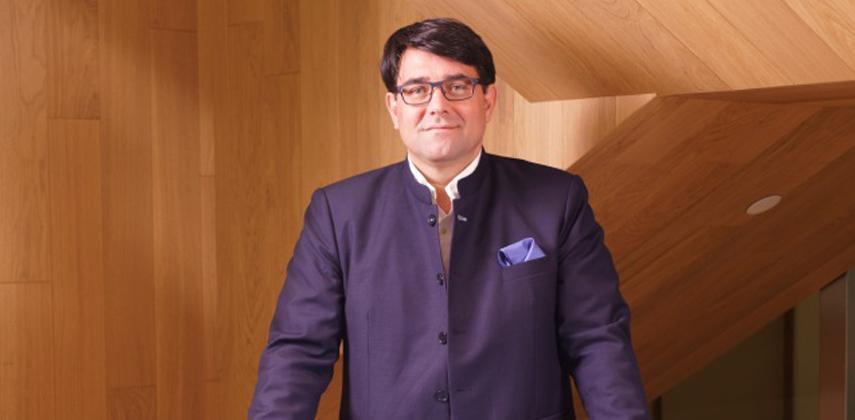A once-in-a-lifetime opportunity to experience three days in the life of a top executive in Hong Kong awaits successful applicants of the Classified Post Career Forum’s Shadow a CEO Programme.
Professional consultants at the forum will interview selected applicants who have submitted their applications online.
Those who impress will be invited to final interviews from Nov 12 to 23. Each participating company will select up to three candidates to shadow a top-level executive. Find out more about the participating executives on these pages.
Pernod Ricard’s products range from famous old whiskeys to classic champagne to trendy rum and vodka, and their brand is synonymous with celebration.
But the young people who will be tailing Frantz Hotton, managing director of Pernod Ricard Hong Kong and Macau, in the Shadow a CEO Programme, will find out about the work that lies behind the fun.
Hotton says he will be happy if his shadows take away a few central concepts from their time with him.
Rather than trying to understand the industry or Pernod Ricard’s brand issues, shadows should focus on how decisions are made, and how they are executed. The process is something they can replicate and learn from.
Hotton stresses that doing business requires both hard technical skills and soft skills, such as interpersonal and communication skills. “You may be an expert in marketing but achieve only poor results if you’re not able to work with people,” he says.
It’s important to Hotton that his shadows understand how and why working together adds value to the company. “We’re living in a very individual culture, and when you’re young you may think that a very clever person will deliver better and faster [results] than an average group in which you may find some people with low levels of motivation. But whatever decision is taken, working together is always better than working alone.”
Newcomers to Pernod Ricard may be impatient with this process, he says, and not see value being added at first. “You may think, ‘We could have taken this decision two weeks ago.’ But the global understanding in the business may also have gone from 60 per cent to 80 per cent, which means the speed and the quality of the execution will be improved.”
Hotton has planned a number of different activities for his shadows. As well as attending meetings, they will gain field experience through visits to different kinds of businesses, from traditional Chinese ones to trendy Western ones. They will also get a sense of Pernod Ricard Hong Kong and Macau’s two target groups: Hong Kong locals and mainland travellers.
Hotton hints that his shadows may also get to visit Macau. “Our Macau business model is pretty different. In Hong Kong we run our own operation, while in Macau we’re going through our sub-distributor. So the way of working and the way of managing people is pretty different – though we’re still looking for the same result.”
Pernod Ricard encourages its staff to acknowledge, and build on, the positive things that happen during the working day. At the end of each day, Hotton will ask his shadows to write down three things they have learned, and three positive things they have experienced that day.
He also wants to remove any sense of mystique associated with senior management positions. “People usually think that senior management is a kind of black box; a recommendation goes into it and a decision comes out the other side. Actually, all the people in this black box, in these meetings, have been young professionals themselves.”
Senior management, he explains, lies at the end of a structured and well-thought-out path. “What is key is to understand that you need to build this path. It will not happen on its own,” he says.
He wants his shadows to realise that running a business is not rocket science.
“You need some people in the front line who are excellent in execution. Then you need marketing people that have a long-term view and are quite comfortable tactically supporting the sales team.
“Then you need to have a back office that is working – in other words, one that is quality driven – so that the things that should be happening are happening.”


